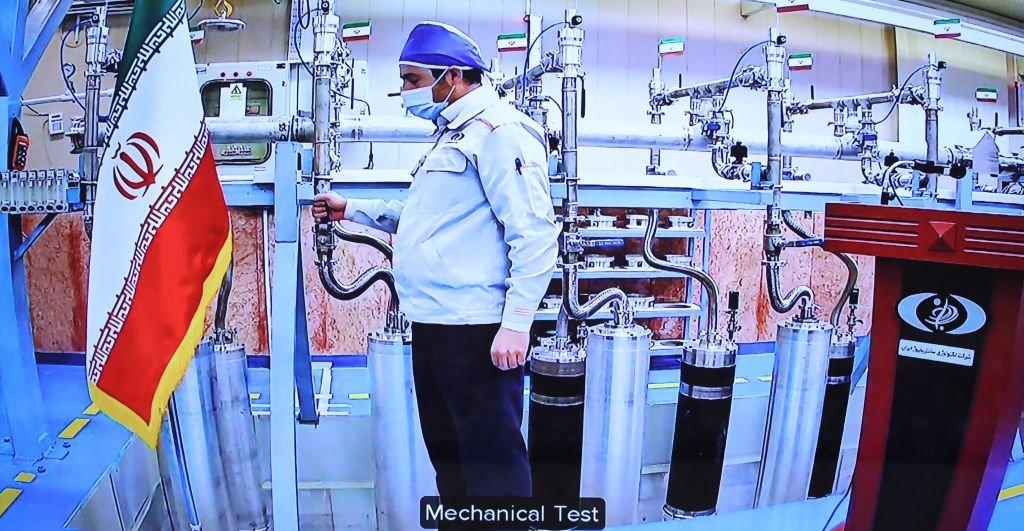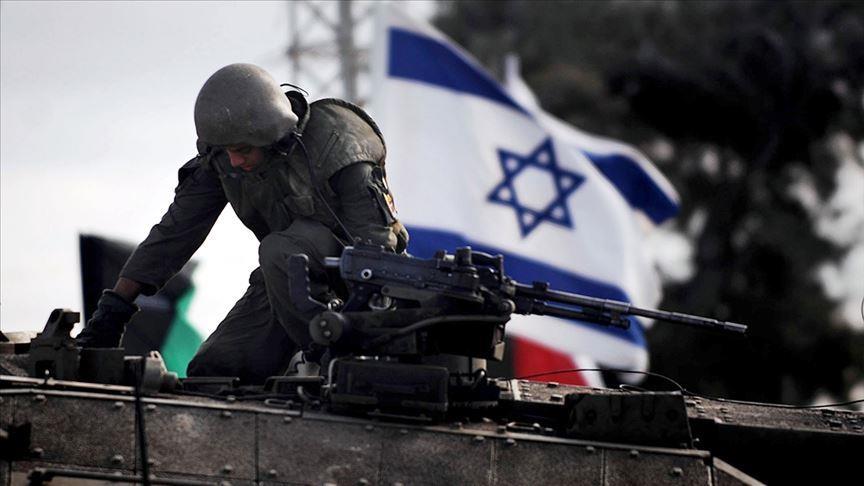Attack on Iranian gas pipelines – demonstration of military power? Analytics by Shereshevskiy
Two big gas pipelines in Iran were allegedly attacked by Israel last week, according to the New York Times. The newspaper cites a military specialist from Iran’s Islamic Revolutionary Guard Corps (IRGC) who contacted the office of the New York Times, and two Western officials.
Two pipelines transporting gas from southern Iran to major cities, including Tehran, were attacked simultaneously in several sections. The attack affected about 15 per cent of Iran's daily natural gas production. The newspaper mentions this assessment, citing energy experts. The attack caused outages in several Iranian provinces such as Fars, which disrupted the supply of heat and gas for millions of people.
These events can be seen as a continuation of the armed confrontation between Iran and Israel, but in this case, the matter rests in a big escalation. The experts think that in the past Israel was involved in attacks on nuclear scientists. Five of them, including Iran's nuclear programme chief Mohsen Fakhrizadeh, were killed. Moreover, there is an opinion that the Israelis committed explosions at the nuclear enterprises, including the Natanz plant, and destroyed missile depots and IRGC units. However, Israel did not claim responsibility for any of these attacks.

The IRGC is the core of the Iranian military-political and economic system. It is simultaneously a second army that recruits the most religious soldiers and officers. It has intelligence agencies and security forces that suppress social and political protests within Iran. It also has the elite Quds Force, which oversees all Iranian proxy forces in the Middle East – beginning from Hezbollah in Lebanon and ending with Yemen's Houthis, providing them with weapons, training their military and directing their actions.
Finally, the IRGC controls (directly or through relatives and friends, enterprises were privatised on their names) companies that produce at least half of Iran’s GDP, including the military-industrial complex and oil export. The attacks on this group are essentially an attack on Iran's leadership.
However, in this case, the matter rests in escalation. Iran’s energy infrastructure, which is used by industrial enterprises, factories and millions of citizens, was partially damaged.
In an interview with the New York Times, Western officials and an IRGC strategist said that such a large-scale operation allegedly carried out by Israel would require its military or intelligence agencies to have more knowledge of Iranian infrastructure. If two gas pipelines were attacked simultaneously, Israel would have to operate during close coordination of the saboteurs’ actions.
The experts said that Iran will be able to easily restore the damage this time. However, the attack is a warning of the damage Israel can inflict on opponents. It demonstrates the strength and capabilities of military and intelligence personnel capable of launching such complex and carefully planned strikes.

On the other hand, many experts view the Hamas attacks on Israel on October 7, 2023 as an element of the hybrid war between the two countries, although Tehran denies its involvement in preparing the attack. Hamas special forces fighters prepared for the operation for more than a year. During the breakthrough into Israel (from the Gaza Strip) they seized the headquarters of an Israeli division and dozens of armoured vehicles, and partially controlled over 22 settlements in Israel for about three days, killing about 300 military personnel and 900 civilians, taking about 250 civilians hostage. These militants, or at least some commanders, were likely to be trained by Iranian specialists from the Quds Force.
The Israeli attack on Iranian gas pipelines can be seen as a warning to Iran and an attempt to show the seriousness of Israel's intentions and its capabilities in case of expanding Iranian participation in the current war that Israel is waging in the south with the pro-Iranian Hamas movement and in the north, with other pro-Iranian Hezbollah militia.
Earlier, in an interview with The Jerusalem Post, the Israeli military spoke about its capabilities and intentions, warning that in case of a full-scale war between the countries, it would launch air force strikes on the port of Bandar Abbas, through which most goods are imported by Iran, and on oil terminals in Kharg Island, through which Iranian oil is exported.







